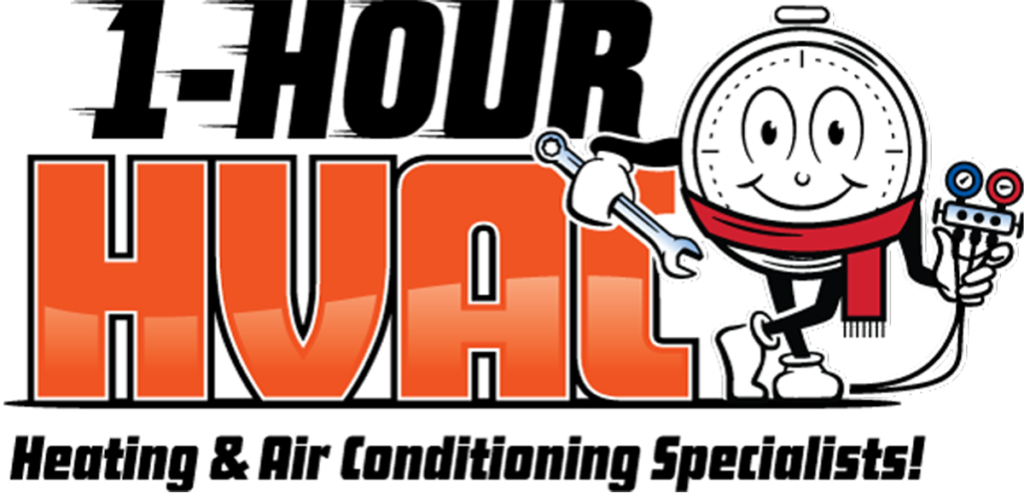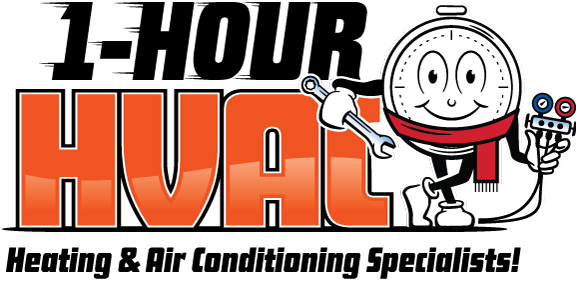FAQ's
Certainly, here are some frequently asked questions (FAQs) that can be included on your HVAC services website:
What does HVAC stand for?
HVAC stands for Heating, Ventilation, and Air Conditioning. It encompasses systems and technologies that control temperature, air quality, and humidity in indoor spaces.
When should I replace my HVAC system?
The lifespan of an HVAC system typically ranges from 15 to 25 years. However, it can vary based on usage, maintenance, and the type of system. Consider replacement when your system becomes less energy-efficient or requires frequent repairs.
How often should I change my HVAC air filters?
It’s recommended to change your HVAC air filters every 1 to 3 months, depending on usage and the type of filter. Regular filter changes help maintain air quality and system efficiency
What is the ideal indoor temperature for my home or business?
The ideal indoor temperature varies depending on personal comfort. However, a common recommendation is around 78°F (25-26°C) for cooling and 68-72°F (20-22°C) for heating. Adjust these settings based on your preferences and energy-saving goals.
How can I improve indoor air quality?
You can enhance indoor air quality by using air purifiers, maintaining a clean environment, scheduling regular HVAC maintenance, and ensuring proper ventilation. Our indoor air quality services can help.
What's the best way to lower energy bills with HVAC systems?
To reduce energy costs, consider regular maintenance, installing a programmable thermostat, sealing ductwork, and ensuring your HVAC system is properly sized and efficient. We offer energy-efficient solutions.
Can you explain the benefits of routine HVAC maintenance?
Routine maintenance improves system efficiency, prolongs its lifespan, and prevents breakdowns. It also helps maintain healthy indoor air quality and ensures safety. We recommend annual maintenance.
What's the difference between central and ductless mini-split systems?
Central HVAC systems use ducts to distribute air throughout a building, while ductless mini-split systems do not require ductwork and allow for zoned heating and cooling. The choice depends on your specific needs.
Do you offer emergency HVAC services?
Yes, we offer 24/7 emergency HVAC services to address unexpected breakdowns or issues that require immediate attention. Contact us anytime for urgent assistance.
What rebates or incentives are available for energy-efficient HVAC upgrades?
Various government programs and utility companies offer rebates and incentives for energy-efficient HVAC installations. We can help you navigate these options and maximize your savings.
Is it necessary to have my air ducts cleaned regularly?
While not needed as often as air filter changes, air duct cleaning can improve air quality and system efficiency. We recommend professional duct cleaning every 3-5 years or as needed.
How can I tell if my HVAC system is experiencing issues?
Common signs of HVAC problems include unusual noises, inconsistent temperature control, high energy bills, and poor airflow. If you notice any of these signs, it’s best to schedule a service call.




